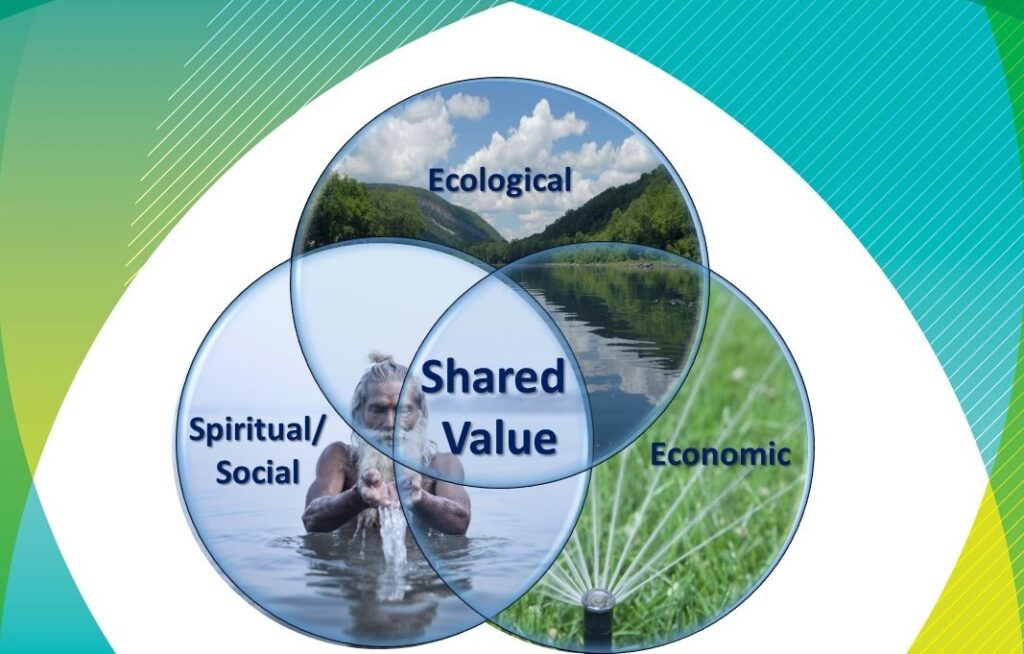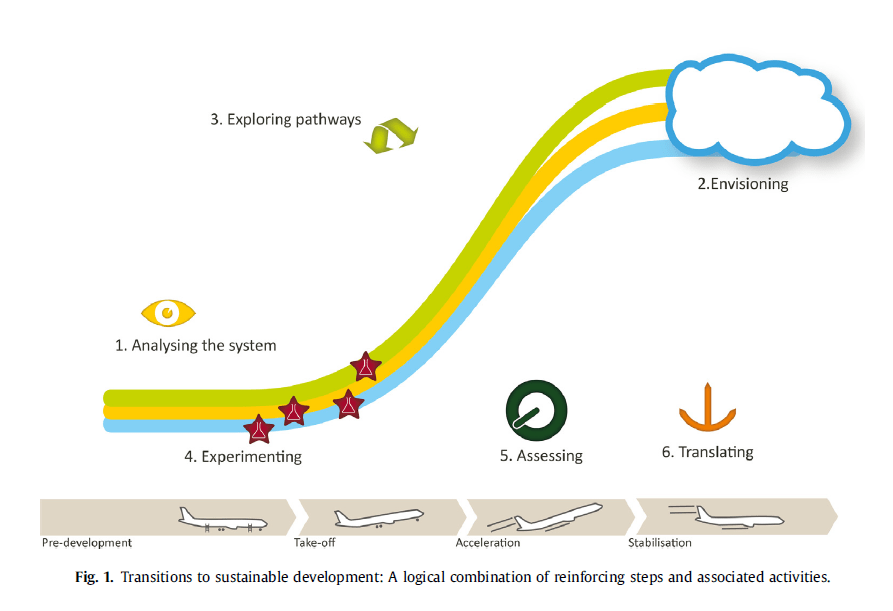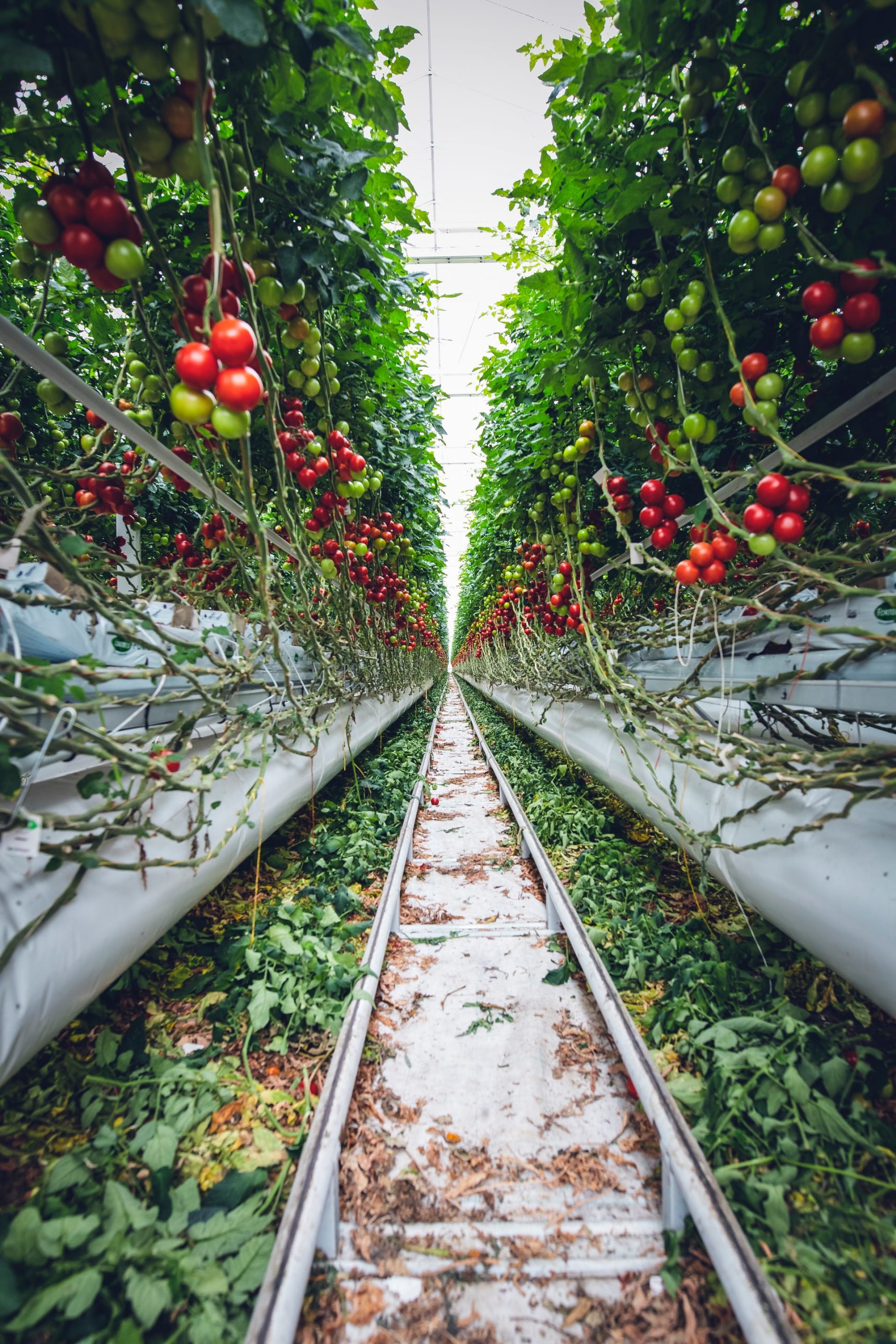Socio-economic, political, legal and policy issues
Sophie (University Utrecht) and Noelle (Wageningen University & Research) dedicate their PhD-research to identifying socio-economic, political, legal and policy issues that could arise as a result of the development and implementation of innovations and new strategies in fresh water provision. A broad range of parties within AquaConnect have identified these challenges as crucial barriers to overcome towards implementing regional smart water-grids. Sophie and Noelle focus on why such challenges arise, how these challenges can be influenced or navigated and how conditions can be created for local innovation to scale up. They are joined in their efforts by Flavia Cosoveanu (HZ University of Applied Sciences), and Kirsty Holstead, a postdoctoral research studying policy dynamics in water governance. The supervisory team of this Work Package consists of Prof. Dave Huitema (VU, WP lead), prof. Roy Brouwer (VU/University of Waterloo), prof. Marleen van Rijswick (UU), dr. Herman Kasper Gilissen (UU), working together with Deltares (Gerald Jan Ellen) and HZ University of Applied Sciences (dr. Teun Terpstra and dr. Jean-Marie Buijs).
Economic value of fresh water
At the moment, there is a lack of awareness of the meaning of a reliable fresh water supply for the regional economy. Therefore, Noelle develops models that calculate the economic, social and environmental values of fresh water for the regional economy. These models also assess the socio-economic costs and benefits associated with innovative circular water management, and the economic risks and damages from interruptions in fresh water provision under policy inaction. Due to incommensurability issues between different values of water, Noelle also looks at how these values are currently accounted for in decision making, and how such trade-offs could be made systematic and explicit. If the profits related to the use of nonconventional water resources in a smart water-grid can be made explicit, it is possible to identify business cases that enhance the economic and social drive to develop and implement these smart water-grids in the region.

New responsibilities and opportunities for a smart water-grid
The need to develop socio-hydrological resilience requires new legal and policy frameworks at national, regional, and local levels. Current frameworks are often developed for linear resource systems, not allowing reuse and circularity. For instance, the management and disposal of brine is not dealt with comprehensively within the existing frameworks. Sophie analyses and evaluates local, regional, national and supranational legal and policy frameworks, in collaboration with the regions involved in AquaConnect. Her aim is to identify good practices for socio-hydrological resilience. These practices stimulate the need for institutional collaboration, thereby also identifying the new responsibilities for end-users as well as potential legal and policy changes necessary to nurture such collaboration. Another key element in these good practices is the development and implementation of innovations in e.g. brine use and disposal, water reuse, and alternative water sources. Combined, collaboration and innovation will overcome current governance and legal barriers to a resilient and circular water management.

Experimenting with governance models for robust water systems
As a response to climate change, multiple experimental initiatives have emerged globally to mitigate and adapt to its impacts such as the reduced availability of freshwater. Experiments are means to explore and test socio-technical innovations before being developed into strategies and policies. The development and implementation of new strategies and policies to enable transition towards a robust water system is a very slow process. This process is determined by underlying governance models. Governance models are ideal governance types explaining the interrelation of different actors and institutions in the context of rules and rule-making systems to coordinate interdependencies and hierarchical market and community management. Currently, the water management system has focused mainly on technological experimentation and rather little attention was given to the importance of governance experimentation for social learning. Therefore, Flavia aims to further research what governance model accommodates experimental initiatives to enable the transition towards a robust water system. The case studies are considered to be experimental initiatives where different regional actors and institutions are working together to facilitate the transition towards a robust water system. As a starting point, the Zeeuws-Vlaanderen case study is used to co-design and operationalize a governance model that facilitates the transition to a RWS by 2050 in Zeeland.
Policy dynamics in water governance
The postdoctoral researcher will study how to enable policy change in water governance systems, specifically change that is necessary to enable the introduction of the new technologies that AquaConnect will develop. The literature on dynamics in water governance will be systematically reviewed, relevant conditions (such as problem pressure, political perceptions, the presence of policy instruments) that create or hinder such dynamics will be identified, and a database of relevant case studies (nationally and internationally) of policy changes made elsewhere will be built. On the basis of the findings, the postdoctoral researcher will work together with various colleagues in the project to produce hands-on guidance for stakeholders in the Netherlands on how to make upscaling a reality, guidance that will be developed in close coordination with such stakeholders on the basis of several workshops.



